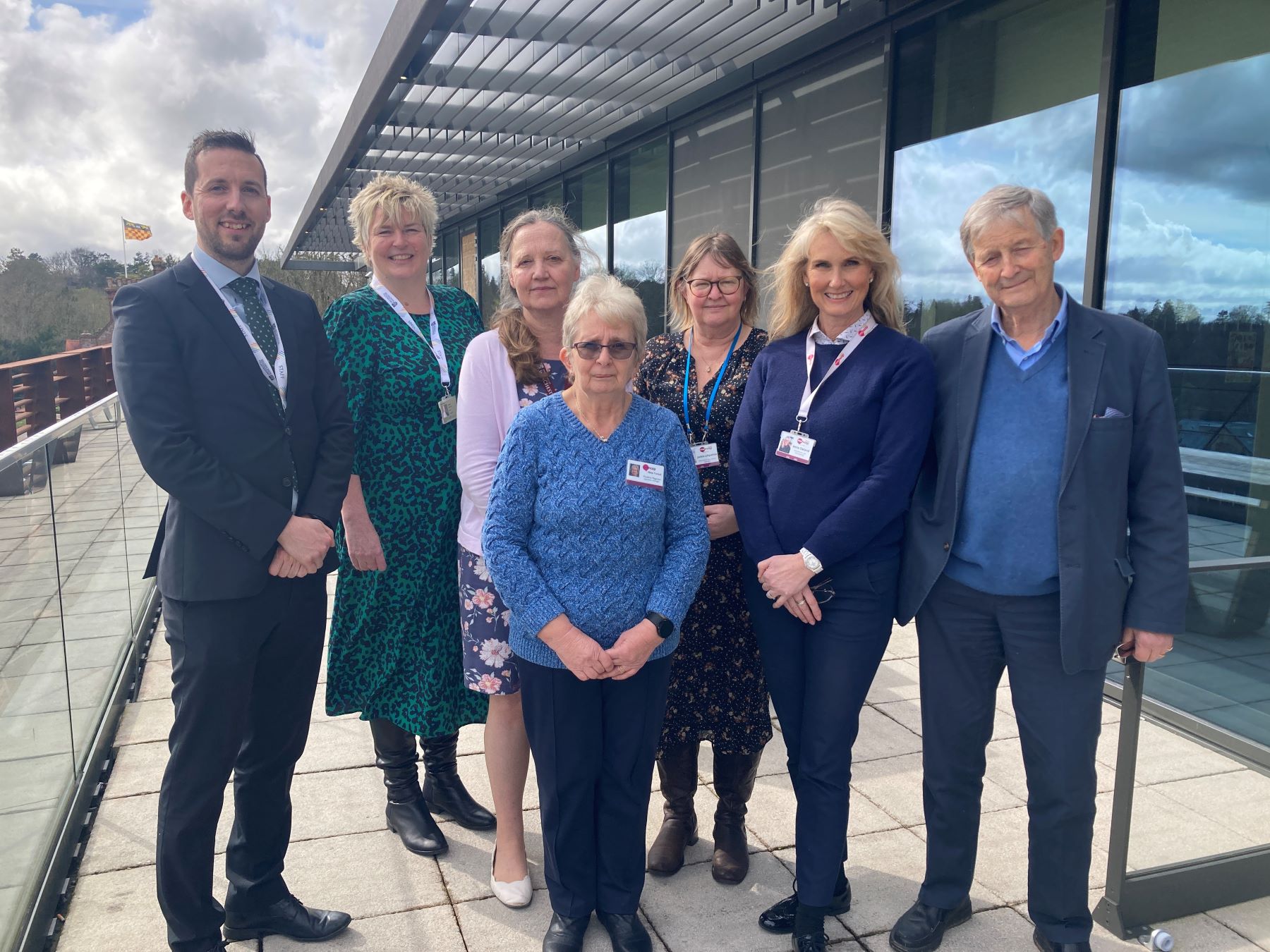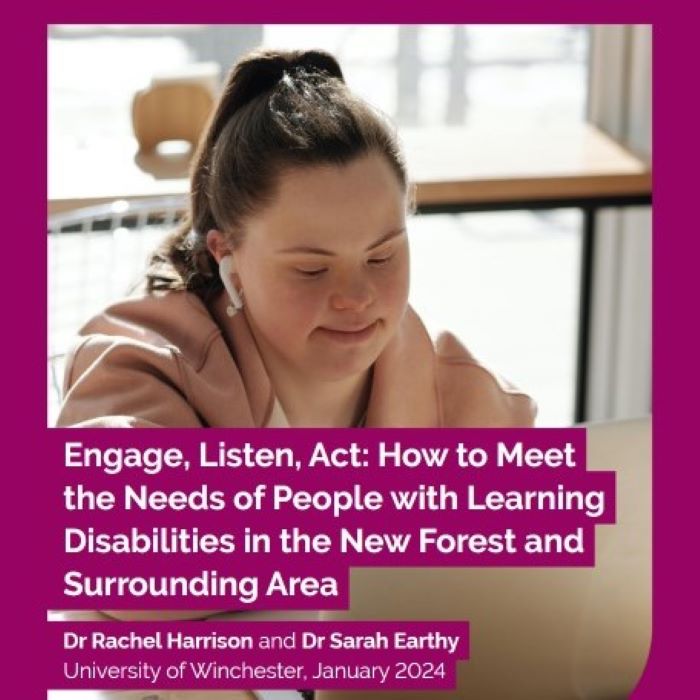
A special study by two academics from the University of Winchester has looked at the needs and aspirations of people with learning disabilities in the New Forest.
Dr Rachel Harrison, Senior Lecturer in Health and Social Care, and Dr Sarah Earthy Senior Lecturer in Community and Health, were asked by New Forest Mencap to identify what activities it should be offering its clients and how it could improve its service.
Rachel and Sarah conducted a series of interviews with people with learning disabilities across the Forest and surrounding area.
Their key finding was that although the people appreciated learning new skills, it was chance to meet and mix with others, improving their social life and their social skills, that was the most important part of New Forest Mencap’s offering.
Among the list of requirements were:
Groups that should include a strong element of confidence-building with regard to starting conversations and mixing with others
Groups which teach skills regarding how to develop and maintain relationships, including with a romantic partner. A men’s group would also appear to be needed in this area.
New Forest Mencap should continue to offer support regarding daily life problems for both people with intellectual disabilities and parents.
More than a third (38 per cent) of the people interviewed said the opportunity to volunteer or engage in paid employment was important to them.
Volunteering and paid employment provided a structure to the day or week and chance to broaden their social network.
The main barrier to participation in any activity was the New Forest’s poor public transport. Many of the people surveyed said they were reliant on lifts from parents to attend activity groups.
The majority of those interviewed said that on days and evenings when a New Forest Mencap activity was not taking place, they sat at home and were ‘bored’.

Their report, entitled Engage, Listen, Act: How to Meet the Needs of People with Learning Disabilities in the New Forest and Surrounding Area was presented to invited guests at the University’s West Downs Centre on 27 March.
Rachel said: “Social networks are vital for everyone’s wellbeing, health and being able to live our best lives. People with learning disabilities have networks that are significantly smaller than the general population. Therefore, seeking out the voices of people with learning disabilities, who are seldom heard in life, in policy and in research is vital.
“Being able to work with New Forest Mencap to provide them with the evidence they need to continue to offer and develop activities which create, maintain and promote social networks through a range of activities has been a real pleasure. Working together to learn from one another and to create and evidence positive social change is key to all our futures.”
Mencap hope to use the report as basis to improve its service and to support it bids for funding.
Rachel and Sarah’s efforts have been praised by the charity.
Mike Snell CBE, Chair of New Forest Mencap said: “I was delighted to see the inclusive and imaginative ways in which the University of Winchester researchers engaged with our members, leading in turn to significant numbers wanting to be involved.”
Jackie Lillywhite, Development Officer of New Forest Mencap said “The two researchers we have been working with (Dr Rachel Harrison and Dr Sarah Earthy) have been professional, sensitive, flexible and committed to this research opportunity and in collaborating with us to improve our support for local people with a learning disability.”
The project was funded with a £10,000 grant from the National Institute for Health Research ARC Wessex Clinical Research Network
You can read the full report here: https://issuu.com/theuniversityofwinchester/docs/engage_listen_act_-_how_to_meet_the_needs_of_peopl?fr=sYzhlNjcxMjg3NTM
Pictured (top) at the launch of the report (from left): Matt Webster, Pro Vice Chancellor of the University of Winchester, report authors Dr Rachel Harrison and Dr Sarah Earthy, Pauline Pegram, Secretary of New Forest Mencap, Jackie Lillywhite, Development Officer of New Forest Mencap, and Amie Cleland, New Forest Mencap Employment and volunteering project leader and Mike Snell, chairman of New Forest Mencap.
Back to media centre